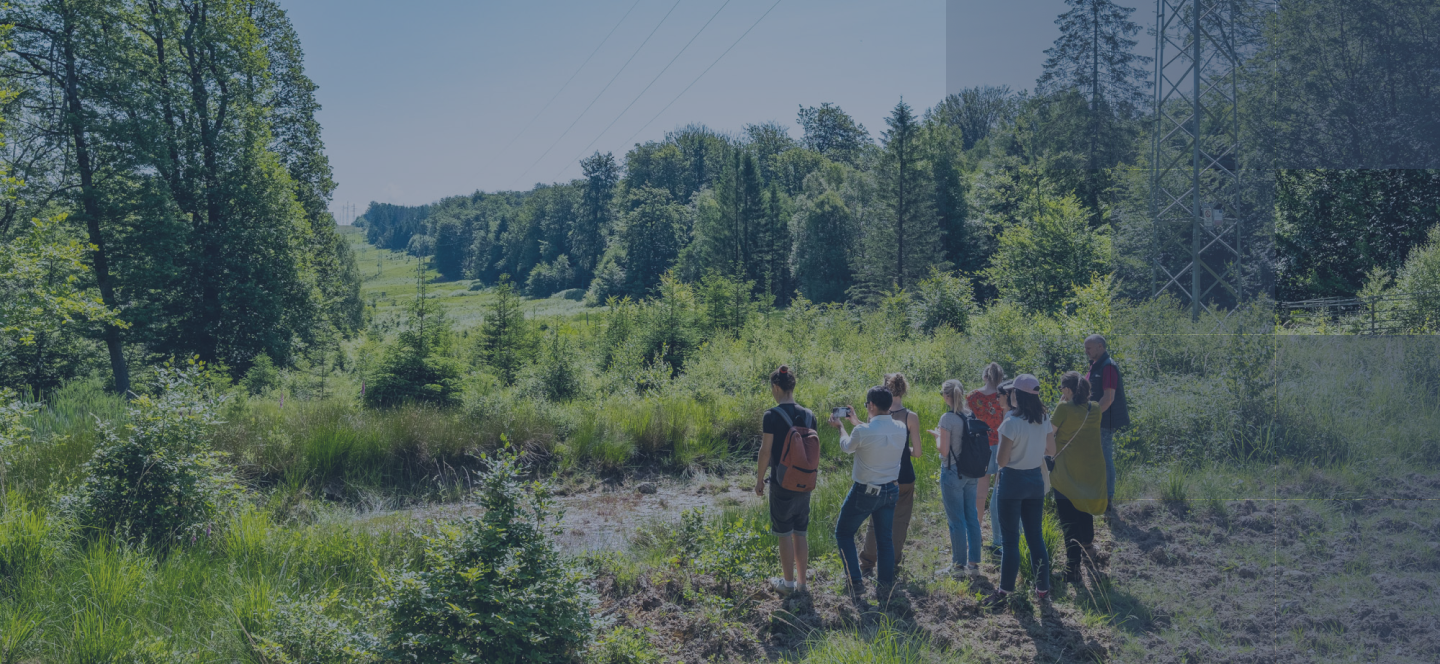Empowering communities through a People-Positive energy transition that ensures social equity and lasting local benefits.
Introduction
In response to international commitments to accelerate decarbonisation, COP28 underscored the urgency of tripling renewable energy capacity by 2030. However, achieving this ambitious goal demands a balanced approach that respects both biodiversity and the wellbeing of communities where new infrastructure will be established. Recognising this, the Global Initiative for Nature, Grids, and Renewables (GINGR), co-initiated by the Renewables Grid Initiative (RGI) and the International Union for Conservation of Nature (IUCN), seeks to lay the foundation for a framework that can guide the development of energy projects in ways that are both environmentally responsible and socially inclusive. This People-Positive workshop at COP29 in Baku aims to gather diverse perspectives that will directly shape GINGR’s framework, with a particular focus on ensuring tangible benefits for communities.
Hosted at the SDG Pavilion, the event invites a broad array of stakeholders, including grid operators, renewable energy developers, government representatives, NGOs, and community advocates. The goal is to engage these participants in meaningful discussions about how renewable energy projects—especially wind, solar, and grid infrastructure—can contribute positively to the lives of local and vulnerable populations. By co-creating solutions with the people most affected, GINGR hopes to embed community wellbeing at the core of its People-Positive approach, ensuring that the energy transition is not only sustainable but also equitable.
This interactive workshop will guide attendees through small group discussions on key questions related to social equity, community engagement, and long-term benefits. Insights gained from these discussions will be foundational, informing GINGR’s People-Positive objectives and helping to design practical tools and metrics that can one day be used to assess community impact across the energy sector.
Participants will explore the following guiding questions:
01
How can we involve, respect, and engage the communities where wind, solar, and electricity grids will be built?
02
How can we achieve a just energy transition and co-create local, sustainable, and long-term benefits for the people affected by such infrastructure?
03
How can we support local and vulnerable communities, particularly those whose livelihoods depend on natural resources?
For participants, this is an opportunity to shape a transformative framework from the ground up. By sharing their experiences and ideas, they will help craft a People-Positive vision that reflects the diverse realities of communities worldwide. This workshop promises a collaborative and inspiring atmosphere, offering attendees practical insights and avenues for action. Together, they can help create a future where renewable energy respects not only our planet but also the people who call it home.
Recording
Workshop Moderators
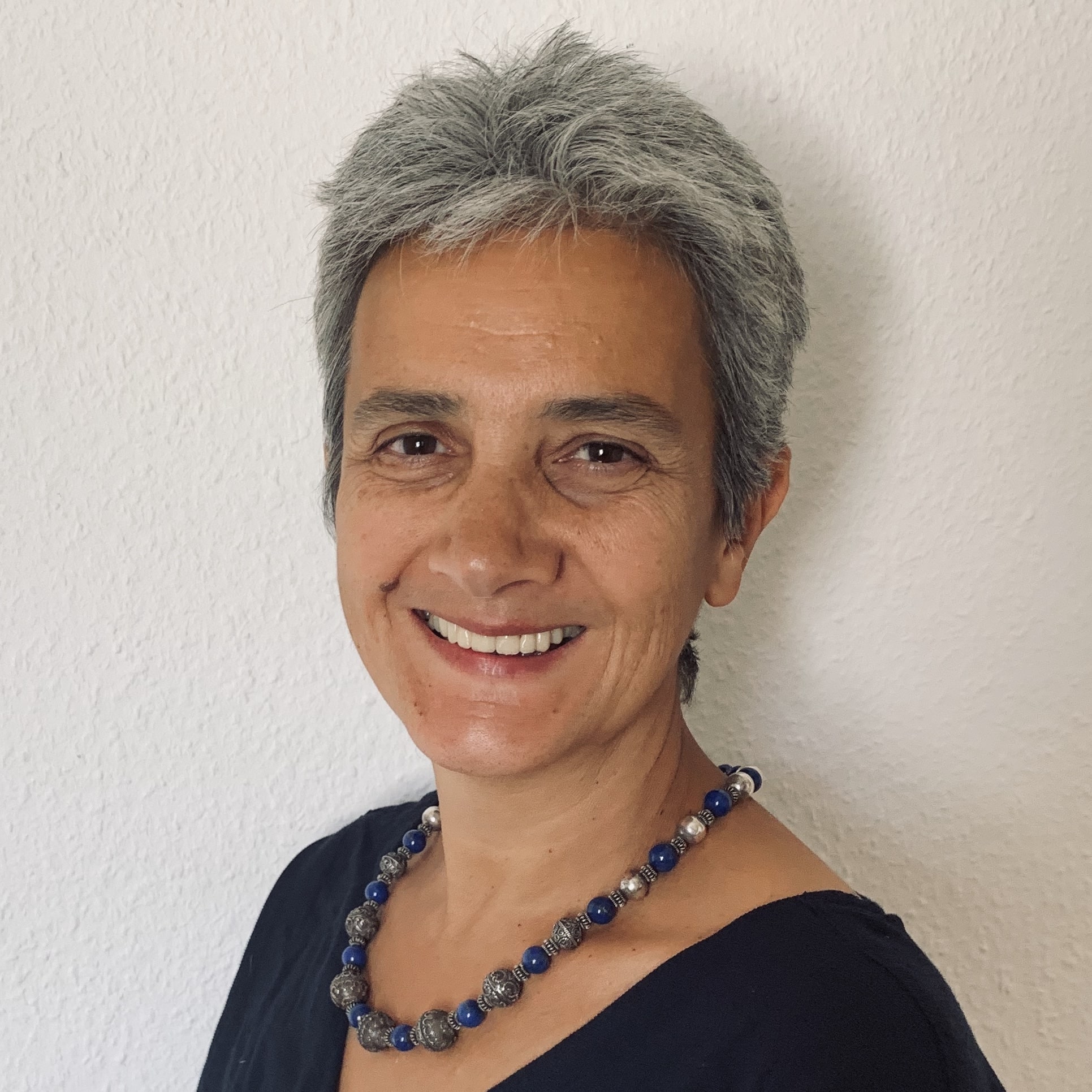
Antonella Battaglini
CEO | Renewables Grid Initiative
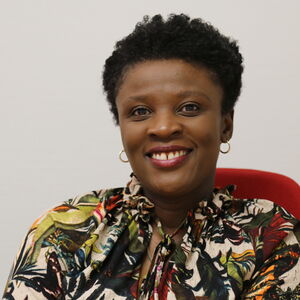
Rachel Asante-Owusu
Senior Programme Coordinator, Climate Change & Energy Transition | IUCN – International Union for Conservation of Nature
contact
Annika Lilliestam
annika[at]renewables-grid.euCoordinator – GINGR
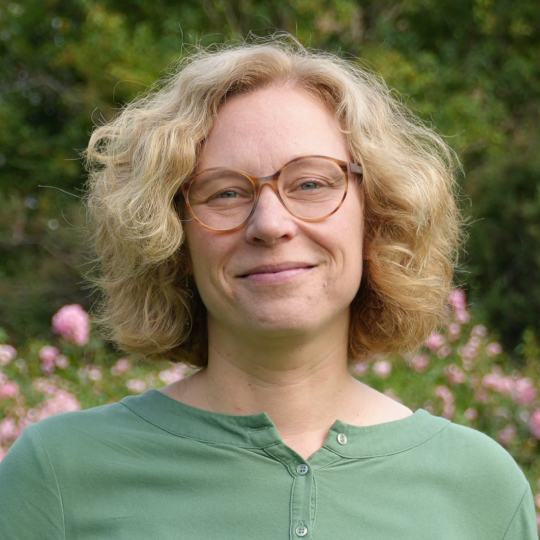
Antonella Battaglini
antonella[at]renewables-grid.euChief Executive Officer

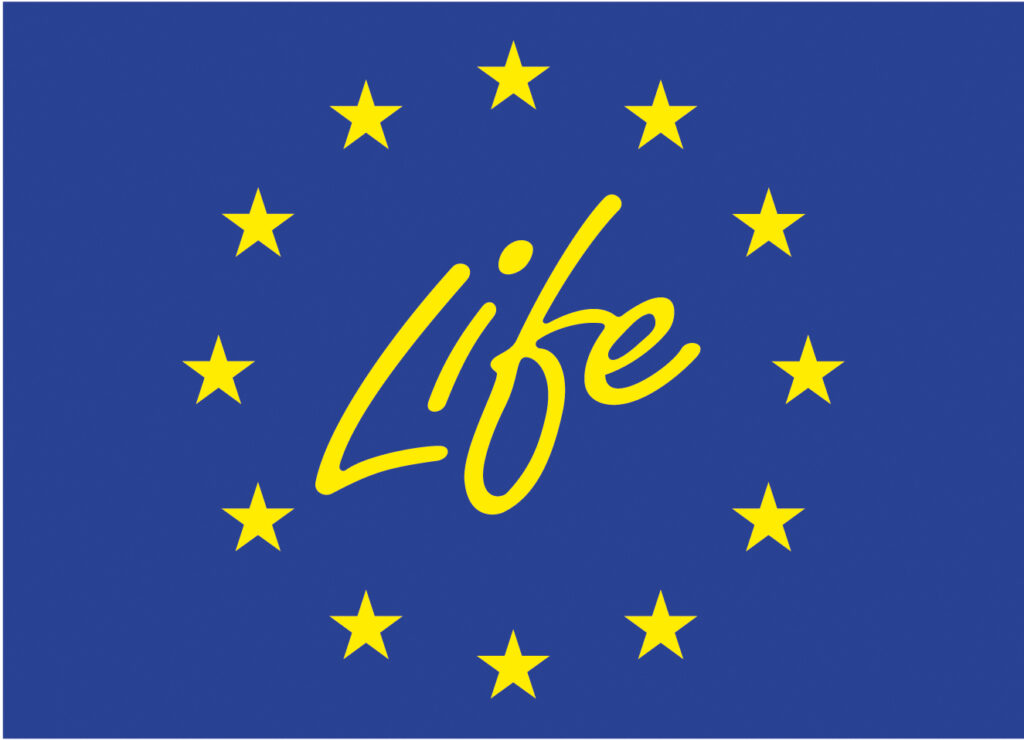
Funded by the European Union. Views and opinions expressed are however those of the author only and do not necessarily reflect those of the EU or LIFE Programme. Neither the EU nor the granting authority can be held responsible for them.


